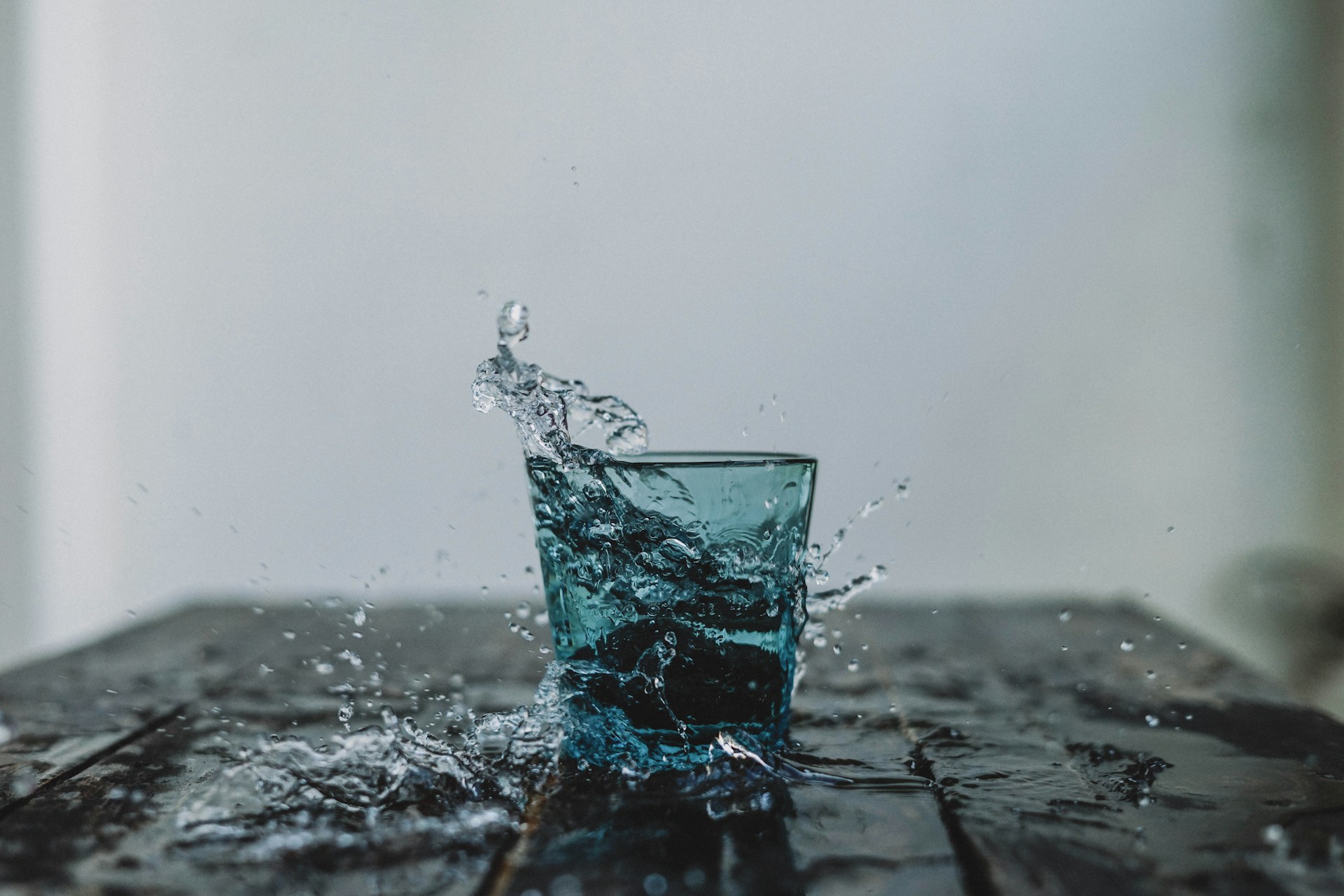Water makes up about 60% of your body weight and is involved in many essential functions. Every cell, tissue, and organ in your body needs water to function properly. Every system in your body needs water to function and survive.
Getting enough water is essential in maintaining overall good health.
Benefits of Drinking Water:
- It regulates your body temperature
- It helps produce saliva
- It lubricates your tissues, spinal cord and joints
- Protects body organs and tissues
- Transports nutrients and oxygen to cells
- Dissolves minerals and nutrients to make them available to your body
- Helps remove waste products through sweating, urination and defaecation
- Improves sleep quality, mood and cognition
- It aids digestion
- Helps prevent constipation
- It helps prevent infections and diseases
- It helps boost energy
- It helps normalize blood pressure
- Helps maximize physical performance
- It helps you to lose weight
How much should you drink?
It is commonly recommended to drink 8 glasses of water a day. However, individual needs vary from person to person. Generally, most healthy people can stay well hydrated by drinking water whenever they feel thirsty. For most people, four to six glasses of water daily may be enough. Factors such as hot weather, high altitude, exercise, and intake of caffeine, alcohol, salty, spicy or sugary foods would increase your fluid needs. You would also need more water in conditions such as pregnancy and diabetes.
The US National Academies of Medicine recommends that men take in 15.5 cups (3.7 litres) of fluid daily and women 11.5 cups (2.7 litres) of fluid daily. 20% of daily fluid intake is derived from the food you eat. The rest is from drinking water and water-based beverages such as fruit juice, milk and tea.
You lose water every day through breathing, sweating, urine and bowel movements. That is why it is necessary to replenish your body’s water supply by drinking adequate water and taking in beverages and foods that contain water.
Signs of Dehydration
Not getting enough water may cause dehydration. Factors that increase your fluid needs such as hot, dry weather, high-intensity exercise, medical conditions like kidney stones, diabetes and medications like diuretics can contribute to dehydration.
The signs of dehydration differ by age group. Signs and symptoms of dehydration in babies and young children include irritability, lethargy, no tears when crying, dry mouth and tongue, sunken eyes, dry diapers for as little as three hours and shrinking of the soft spot on top of the head.
For adults, observing the colour of your urine as soon as you wake up in the morning can be an indicator if you are dehydrated. Pale or light-coloured urine is a sign of adequate hydration whereas dark-coloured urine like apple juice is a sign of dehydration. Other signs of dehydration include headache, fatigue, dizziness, confusion, dry mouth, dry skin, decreased urination and extreme thirst.
Older adults may not feel thirsty but can still be dehydrated because signals for thirst to the brain decrease as one ages.
Ways to Stay Hydrated
Drinking water is the best way to stay hydrated. Here are some tips to help you stay hydrated:
- Drink a glass of water as soon as you wake up, even before tea or coffee
- Carry a bottle of water with you during the day and drink gradually throughout the day
- If you don’t like the taste of water, add lemon or orange slices to enhance the flavour
- Set goals for yourself. For example, drink water when you wake up, at breakfast, lunch, dinner and before you go to bed. Or drink some water every 2 hours
- Drink water before, during and after exercise
- Drink water when you are feeling hungry. Sometimes thirst is confused with hunger. Drinking water can help you feel full.
- Avoid sugary beverages to reduce empty calories




